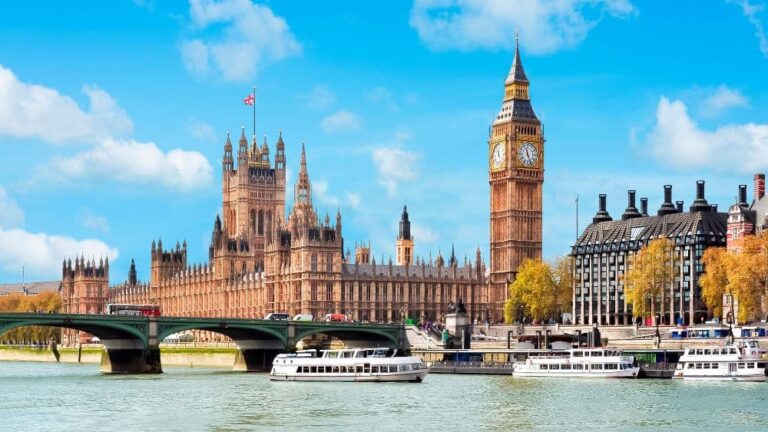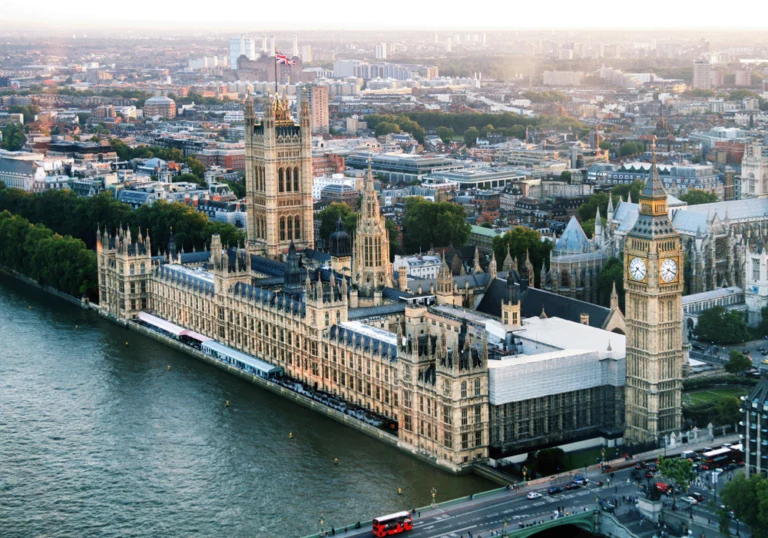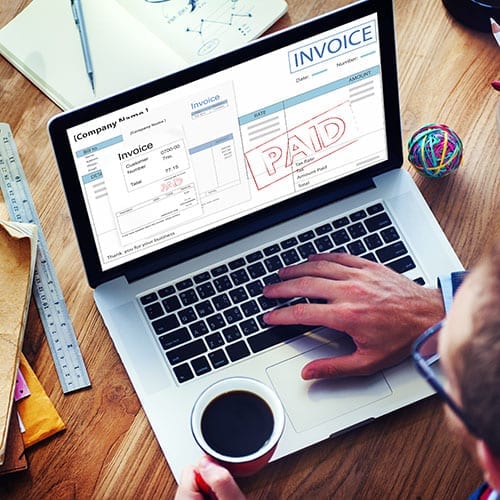
VAT, customs duties and indirect taxes changes in the Autumn Budget 2025
The government had committed to not increasing any VAT rates and they have stuck to this. Rachel Reeves has however announced some key VAT and indirect tax changes to not only address the economic situation, but also to change behaviours. In line with HMRC’s drive for digitalisation for business records, there are further changes coming with e-invoicing and reporting.
We’ll be reviewing the detail over the next few days but here are our key takeaways.
VAT relief for business donations
Under current VAT rules, businesses do not have to pay VAT on goods donated to charities for onward sale, allowing these transactions to be zero-rated. Until now, this relief has not applied to goods donated for other purposes, such as when charities use the items themselves or pass them on for free. In such cases, VAT could be due under the deemed supply rules, which has sometimes made landfill disposal a more cost-effective option for businesses, as it avoids triggering a VAT charge.
From 1 April 2026, new legislation announced in the Budget will remove this barrier by allowing VAT relief for businesses donating goods to charities. The new relief means businesses can donate goods to charities without incurring a VAT liability, in circumstances where the goods are either distributed for free by the charity or used in the charity’s own operations.
Most donated goods will be subject to a value cap of £100, rising to £200 for essential items such as white goods, furniture, computers, mobile phones, and tablets. Goods that are subject to excise duty are excluded from this relief. To qualify, the recipient must be a registered charity. HMRC will publish detailed guidance on the implementation of this new VAT relief in due course.
Fuel duty and electric vehicle excise duty
A freeze to fuel duty for five months and then staged increases until September 2026 has been announced. However, a new mileage-based charge for electric vehicles will be introduced at £0.03 per mile for battery electric cars and £0.015 per mile for plug-in hybrid cars from April 2028. This will be payable in addition to vehicle excise duty.
Small parcel imports £135 de minimis
In line with speculation, the £135 low value parcel limit for customs duty on imports will be removed by March 2029 which is good news for domestic suppliers and traditional retailers. The United States of America has already removed this de minimis limit and the European Union will remove it from early 2026, to tackle the influx of low value e-commerce goods from overseas suppliers.
Sugar tax expansion
A broadening of the soft drink industry levy, aka the ‘sugar tax’, to protect children and improve health has already been announced by the government. Sweetened packaged milk-based drinks, including milkshakes and lattes, will also be subject to sugar tax from 2028. The threshold for sugar tax for all drinks will also drop from 5g to 4.5g of sugar per 100ml. Businesses producing and/or selling sweetened drinks may wish to review the sugar content of their products and consider how they will be affected.
Tour operators margin scheme (TOMS) removed for ride-hailing taxi companies
There have been a few years of debate and tribunal hearings in relation to the use of TOMS for ride-hailing companies, also referred to as private hire vehicle operators (PHVO). TOMS allows for VAT to only be accounted for on the margin achieved by a business which buys in and sells on accommodation and/or transport without any material alteration. Normal VAT accounting rules require that VAT is accounted for on the full fare charged to the end customer. The Budget confirmed that TOMS was devised primarily for tour operators and from January 2026 PHVOs in London and PHVOs acting as principal (i.e. in their own name) nationally, will be no longer be able to use TOMS. The full details need to be checked but this will be a significant change for those operators affected.
Gambling tax reforms
The online gambling and remote gaming industry has grown rapidly in recent years with the Chancellor choosing to increase remote gambling duty from 21% to 40%. Duty on online betting will also be increased from 15% to 25%. In contrast, the government will abolish bingo duty entirely from April 2026.
For more Budget insights visit our Budget Hub.

Need help understanding how these VAT and indirect tax changes impact your business?
Our specialists can guide you through the new rules and help you prepare for upcoming reforms.











